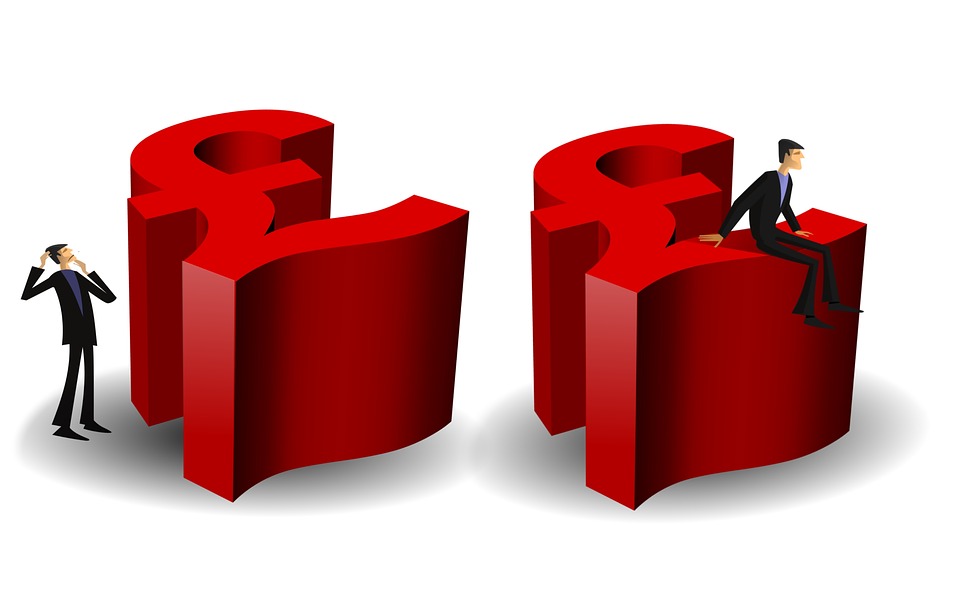The financial impact of the pandemic has been felt everywhere in the UK. Data from The Money Charity shows that for many, it’s not only affected savings and investments but also overall debt. Between June and August 2021, an average of 305 people a day in England or Wales declared insolvency or bankruptcy.
Added to this, figures from the Office for National Statistics show that by December 2020, almost nine million people had to borrow money to make up for a reduction in income or additional expenses during the pandemic. People on lower incomes were more likely to get into debt, need to borrow money or have their finances affected as a result of the pandemic.
How the country is faring
When it comes to personal debt, it turns out the UK is not faring so well. In fact, Brits are now £62.9 billion more in debt than they were back in July 2020. This equates to an extra £1,189 in debt per adult.
The average household now has a debt of £62,670, including a mortgage. This translates to £32,931 per adult. Perhaps more scary is the fact that estimates for 2025 see the total rising to an average of £82,641 per household if things continue moving in the same direction.
To find out more about how we can assist you with your Second Charge Mortgage please click here
If you take away mortgages, the average adult in the UK now has about £3,734 in unsecured debt, including £1,067 in credit card debt. For those making the minimum payment, it will take 24 years and nine months to repay the entire amount.
Dealing with your debt
If you’re one of the many Brits struggling to keep up with bills, a good first step is to tally up everything you owe. This includes not only credit cards and loans but also household bills you might have fallen behind on. Research shows that over six million Brits have fallen behind on at least one household bill as a result of the pandemic, and a significant 1.2 million haven’t been able to keep up with their rent payments.
Once you understand what you really owe, it’s time to make a few phone calls to your providers to figure out payment plans or see if you can get extra time to pay. This is important for things like your mortgage, as The Money Charity points out that more than two properties a day were repossessed between April and June this year for missed payments.
Reducing expenses
Since the end of the lockdown, expenses in the average household have increased significantly. This is good news for the economy, as people are shopping and eating out again. But as a consumer, if you’re not careful, it can spell trouble for your bank account.
Now is a good time to redo your budget and make sure you’re not overspending. If a monthly budget feels overwhelming, start with a weekly one. Revise it regularly until the numbers add up. Don’t forget to give yourself an amount for fun post-lockdown spending.
If you are overwhelmed with debt and cannot make minimum payments, it might be worth talking to a debt advice service such as the StepChange Debt Charity. They can advise you on your rights and how to move forward in the best possible way.
By Diana Bocco
Source: The Motley Fool
Discover our Second Charge Mortgage Broker services.

